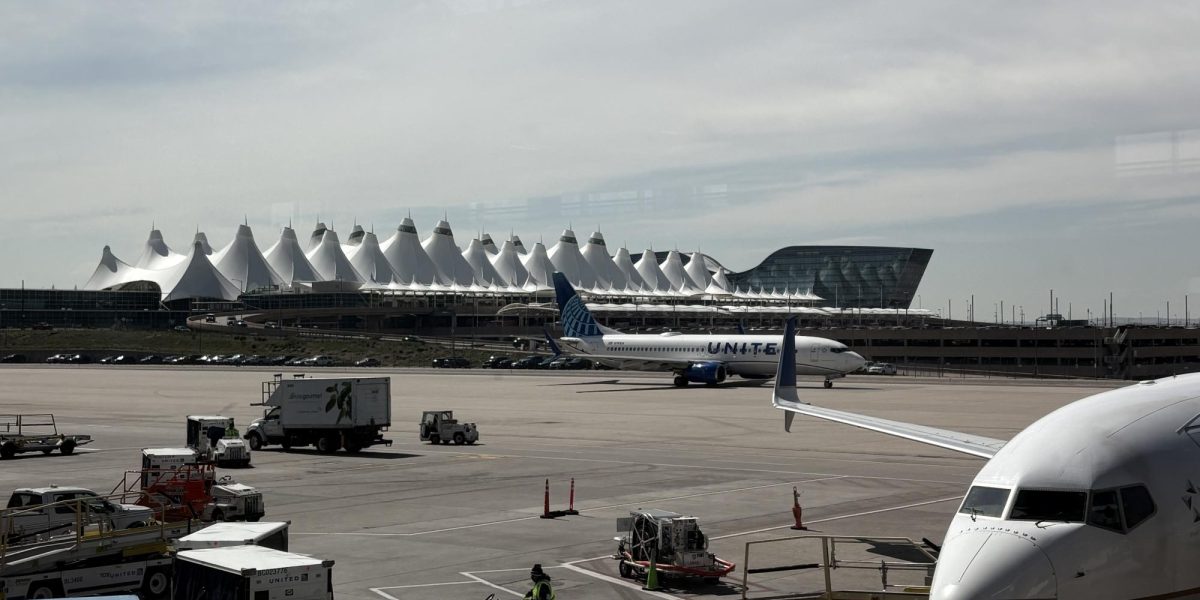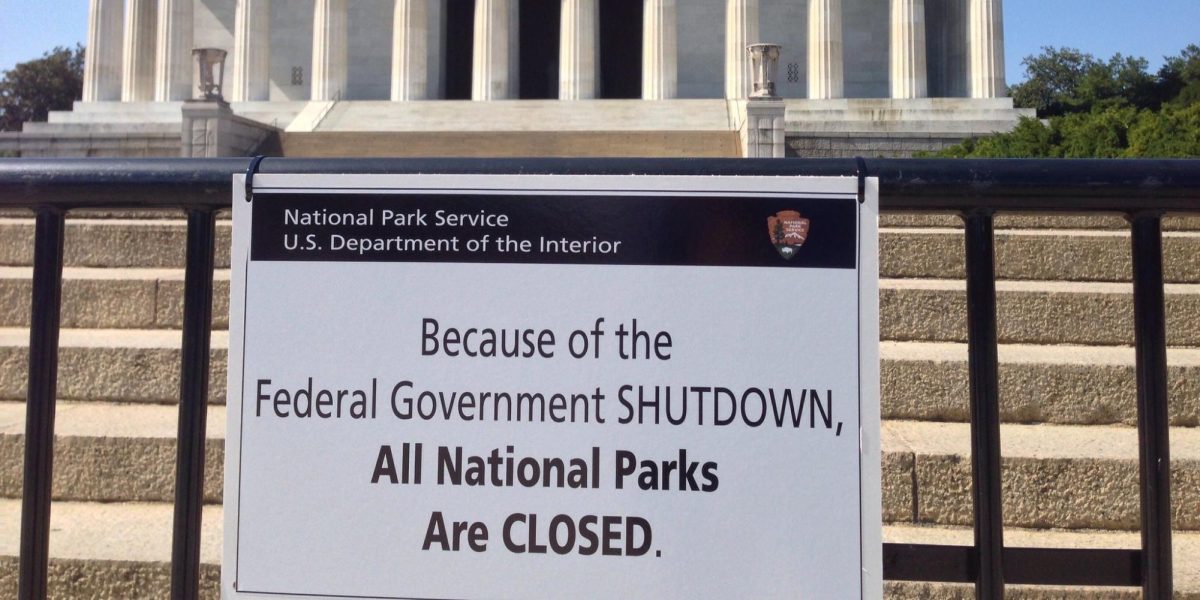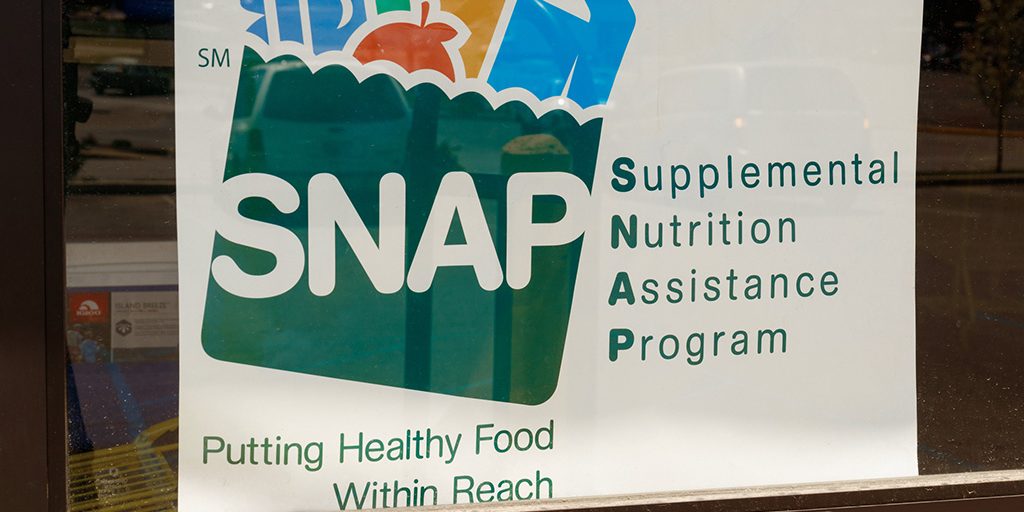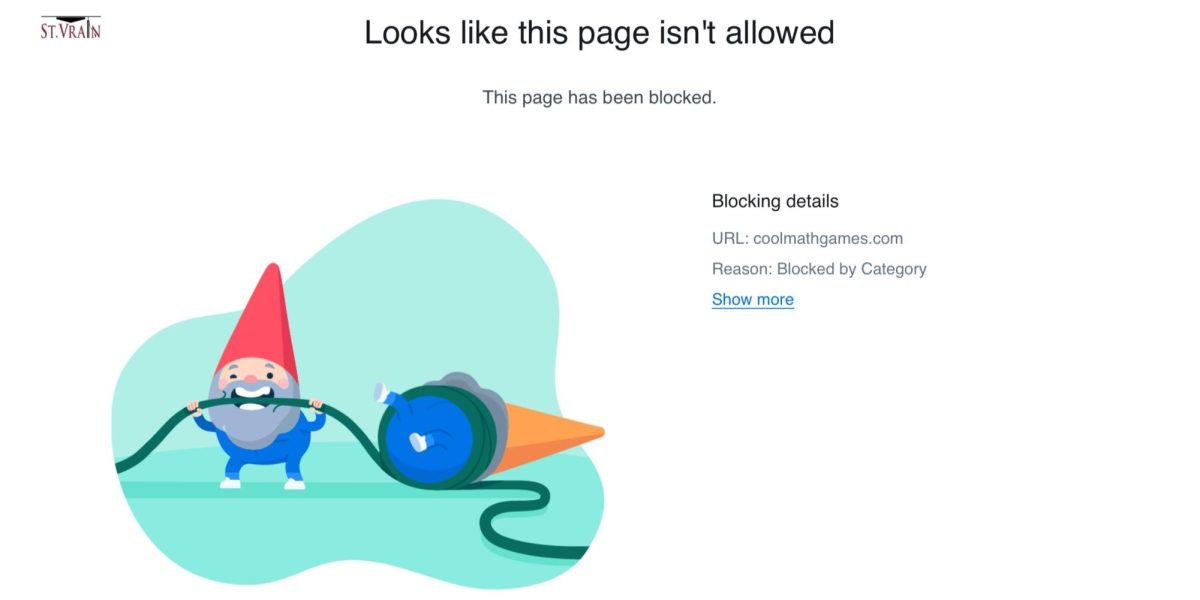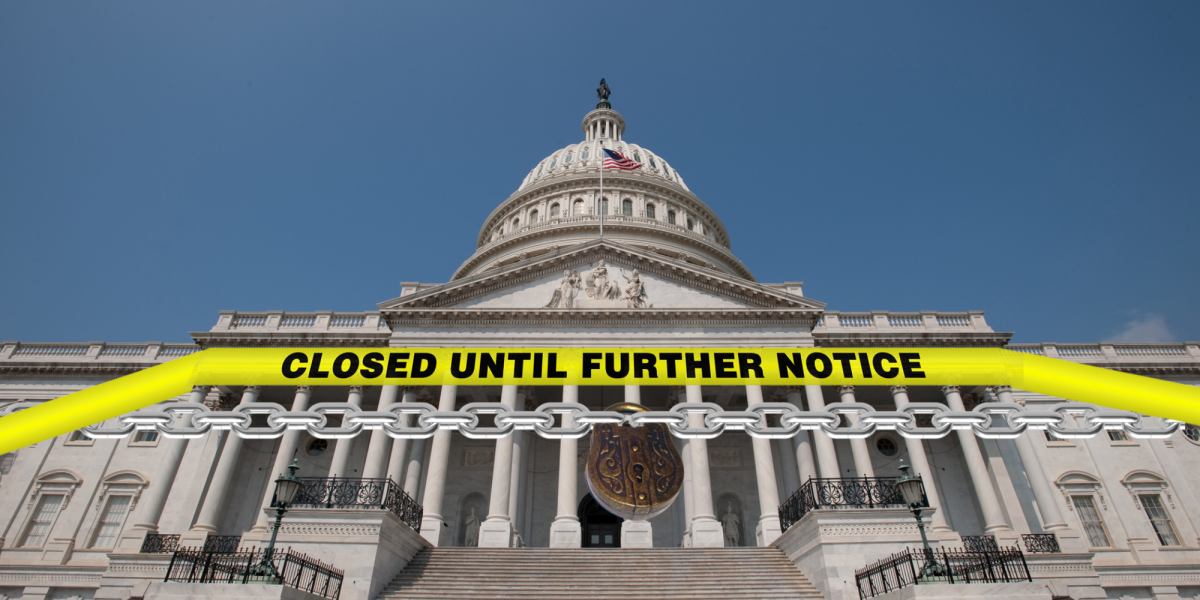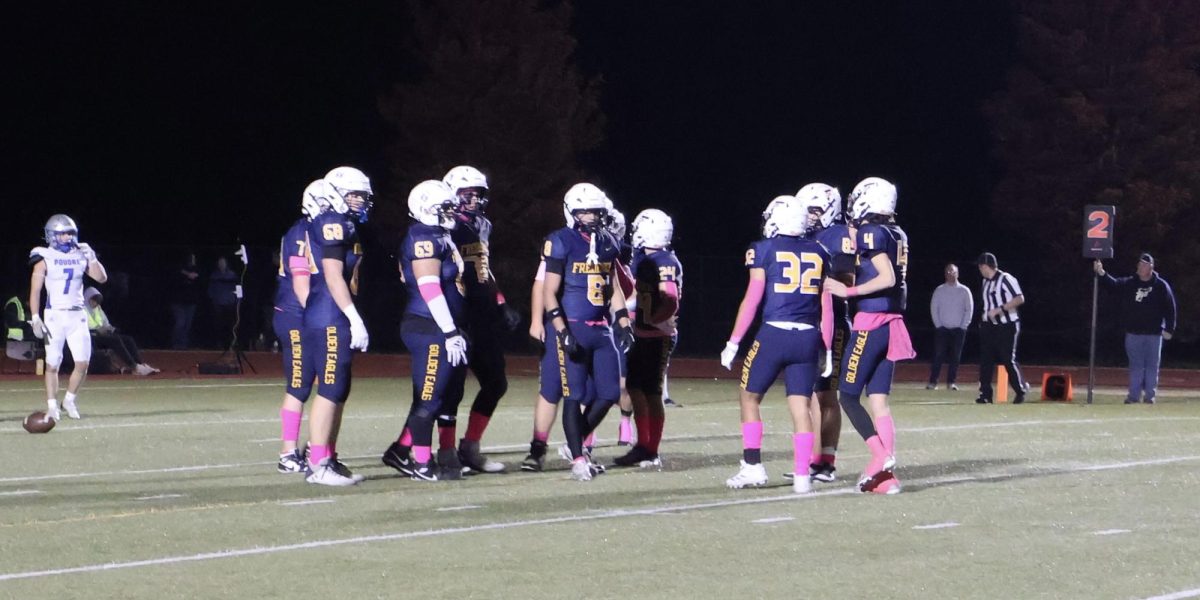At 8:25 p.m. MST, on November 12, the longest government shutdown in the US ended. President Trump signed a continuing resolution that will fund the government until January 30, 2026.
The shutdown began on October 1 after Senate Democrats refused to grant cloture to vote on the bill because the budget bill allowed subsidies to those with health insurance through the Affordable Care Act to lapse. Without these subsidies, those with ACA coverage will see their monthly premiums increase by an average of 114%.
After 39 days, seven Democratic senators and one Independent broke ranks and authorized the bill without the renewal of the ACA subsidies. Instead, Senate Majority Leader John Thune promised Democratic leadership that he would allow a separate bill to restore the subsidies to come up for a vote in December (which expire December 1).
On Wednesday, the House convened for the first time in 54 days to approve the Senate’s budget bill, which they did in a 222 to 209 vote. Six Democrats joined the Republicans to pass the new bill, while two Republicans—Thomas Massie (KY-4) and Greg Steube (FL-17)—voted against the bill with the majority of Democrats. Steube said the two opposed the new bill because the Senate added a provision for eight Republican senators to sue the Department of Justice for using their private correspondence in the January 6 House Investigation.
The new deal also includes provisions for a bipartisan budget process and prevents the White House from using more continuing resolutions to fund the government. A continuing resolution essentially funds the government temporarily at current levels without any major changes. This new rule means that a brand-new full-year budget must pass both houses of Congress before January 30 to avoid another shutdown.
During the shutdown, thousands of government employees were furloughed, worked without pay, or were even fired. This included air traffic controllers, whose en masse quitting has caused the US to reduce air traffic by 5%, and members of the military, whom Trump paid with undisclosed funds from private donors. National parks across the country shut down, and SNAP benefits were cut for over 42 million Americans.
Under a federal law passed in 2019, government employees who are furloughed during a shutdown must be paid for the time they were out of work at their standard rate of pay “at the earliest date possible, regardless of scheduled pay dates.” As far as those on SNAP benefits, a lawsuit to release $5 billion out of an emergency fund to backpay those benefits was rejected by Supreme Court Justice Ketanji Brown Jackson. Instead, Jackson ordered the DC Circuit Court to make a ruling after she revealed to the public that the SNAP contingency fund had already been emptied.
The Senate Democrats who flipped their vote—Tim Kaine (VA), Jeanne Shaheen (NH), Maggie Hassan (NH), John Fetterman (PA), Catherine Cortez Masto (NV), Jacky Rosen (NV), and Dick Durbin (IL)—have received severe backlash from their constituents and other members of their party. Democratic Governor of California Gavin Newsom called them “pathetic” in a social media post. Additionally, there are calls for Senate Minority Leader Chuck Schumer (D-NY) to step down or be primaried next year by Alexandria Ocasio-Cortez.


